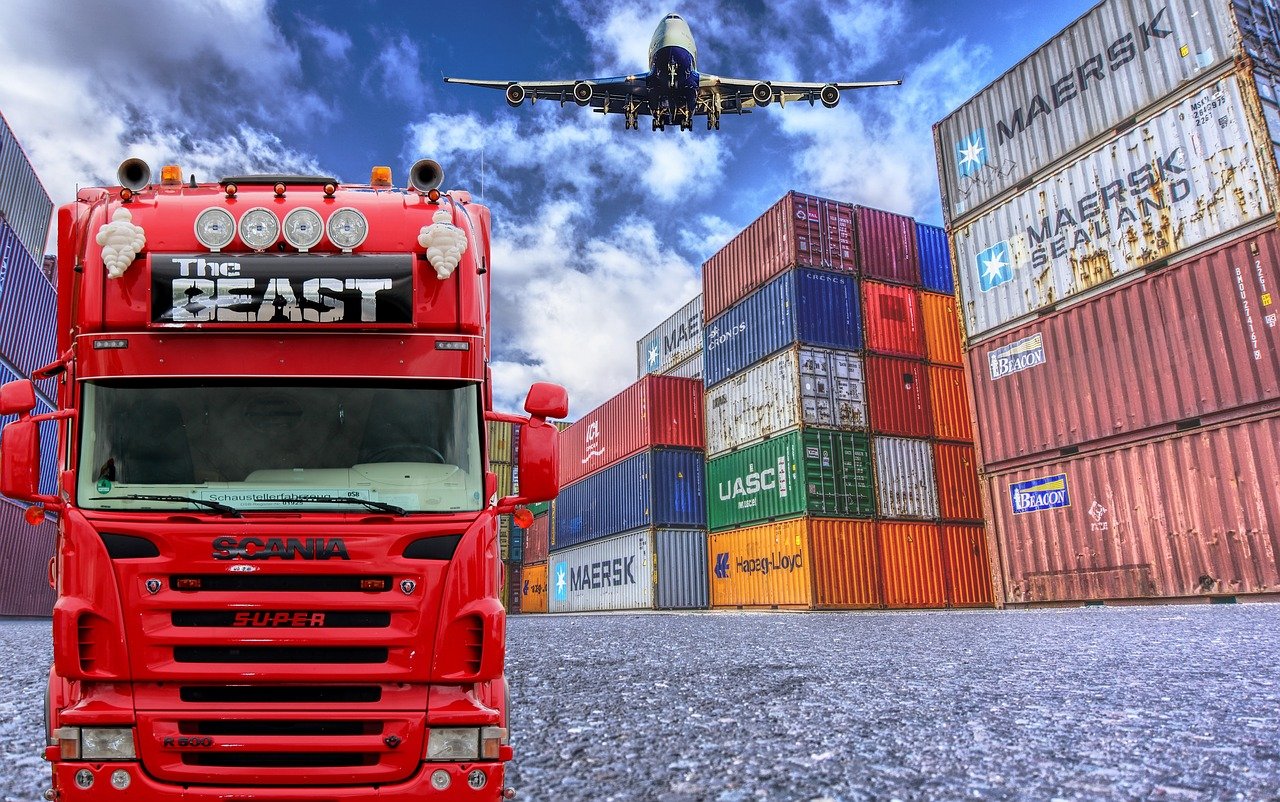Being agile in a crisis and beyond
In an unstable world, reaction times and capacity to manage change are the critical difference makers

One of the lessons from the Supply Chain Europe Virtual 2020 Summit is that we need to be prioritising nimble operations and an agile approach when it comes to supply chains, with COVID providing a wake-up call.
“I think maybe the one favour COVID could really do for us in the long term is smacking us upside the head and letting us know that we can’t plan for everything, so we just have to be prepared to be as nimble as we need to be,” said Locus Robotics’ CMO, Karen Leavitt, emphasising that the timeframes for decision making have been shortened in 2020.
What we learned in COVID-19 is that we need to accelerate our thinking
“Today things change too quickly, so if you spend months planning and executing, things will have changed by then probably,” she noted.
“What we learned in COVID-19 is that we need to accelerate our thinking,” echoed Lego CCO Carsten Rasmussen.
“FMCGs have less tolerance for a lack of agility on the part of their suppliers,” believes Josephine Coombe, UK Managing Director of Nulogy, which is why “agility, resilience, collaboration are the watch words.”
We had daily calls, literally, from Monday to Sunday with every factory manager to make sure that we as the leadership we would empower them to take absolutely any decision they wanted to take
To address this global food giant Kraft Heinz put in place a “a completely different way of working within operations,” said Gustavo Burger, the company’s SVP Operations – EMEA, APAC & LATAM. “We had daily calls, literally, from Monday to Sunday with every factory manager to make sure that we as the leadership we would empower them to take absolutely any decision they wanted to take to make sure the factories would be running.”
The aim was to institute a degree of autonomy within their factories but still maintain accountability.
They combined this with a strong focus on employee safety, which meant “by the second week of February we had this protocol implemented, which helped us a lot.”
It was about how can we deplete inventories in the right, smart ways very, very quickly and then we ramped up our production in our other factories across the world overnight almost to maximum capacity
Lego also had to focus on not just keeping factories running but also improving its productivity. “We had a factory close down in Mexico for two months and the impact was quite big because at the same time our demand was increasing dramatically almost overnight,” explained Rasmussen.
This required a smart, practical and swift approach. “It was about how can we deplete inventories in the right, smart ways very, very quickly and then we ramped up our production in our other factories across the world overnight almost to maximum capacity.”
“By July we are almost back to normal” noted Rasmussen. “We came out of it quite strong, but it required a heavy execution focus from all of us and a one-team global approach.”
We have produced 25% more volume than last year and we have shipped roughly 30% more volume across the entire network where we operate
Kraft Heinz also took strong measures within their production lines that required not just nimbleness of thought and management but in production processes too. “We stopped capital implementation projects into the factories. We stopped any sort of trial in the lines,” said Burger. “We stopped a lot of different initiatives that normally happen day-to-day to preserve the integrity of the production.”
Instead, they focused on the products that really mattered and that were seeing demand skyrocket. “In collaboration with the clients and the suppliers we were able to delist more than 60% to 70% of our portfolio for three months to focus on the high rotation SKUs (stock keeping units).”
It’s all about people. Make sure you have the very best people. Let them be creative. Trust and collaboration are the words
This reduction in complexity, which is significant given that in Europe they have 20,000 food product ingredients, meant lines were now focusing on a smaller number of core products that supermarkets couldn’t stock fast enough because of panic buying. “We have produced 25% more volume than last year and we have shipped roughly 30% more volume across the entire network where we operate,” said Burger.
Rasmussen says that these types of decisive changes are built on “one team who is in it together. We have a culture where it doesn’t matter whether you sit in Asia, Europe or the US, we aim for the same goal”.
Burger agrees that “it’s all about people. Make sure you have the very best people. Let them be creative. Trust and collaboration are the words”.
“It’s a time not to take risks but to reinvent yourself,” he implored.
This is part of our reporting from the Summit. To be notified when we release the complete post-Summit report,sign up to our newsletter here!
